Find A Professional
More Items From Ergsy search
-
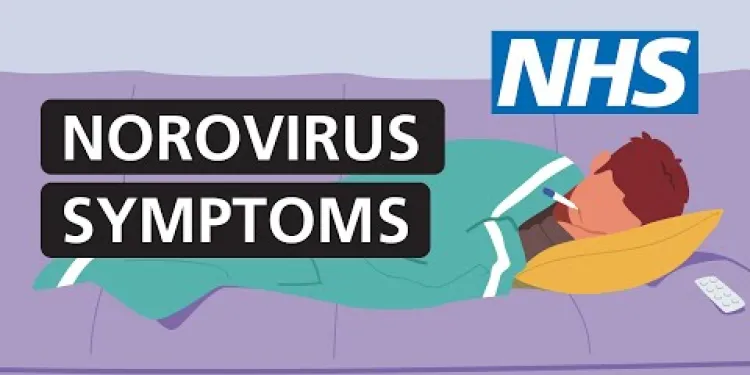
What is norovirus? (Diarrhoea and vomiting bug) | NHS
Relevance: 100%
-
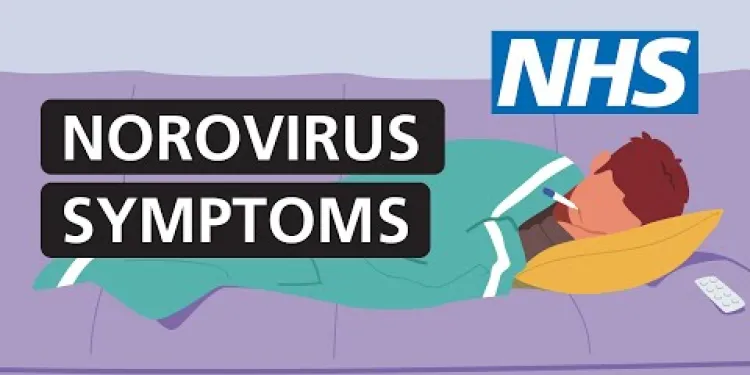
What is norovirus? (Diarrhoea and vomiting bug) | NHS
Relevance: 52%
-
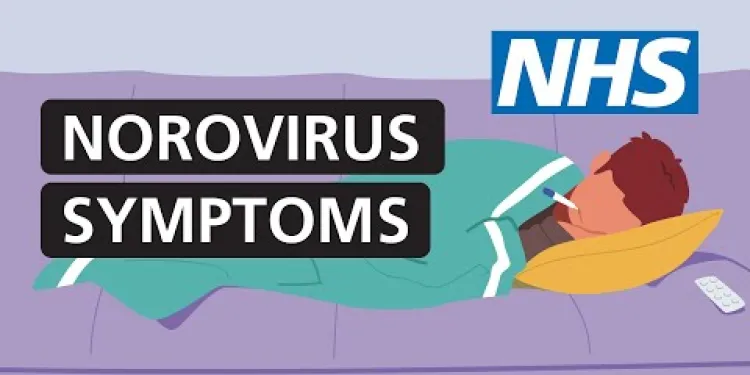
What is norovirus? (Diarrhoea and vomiting bug) | NHS
Relevance: 46%
-
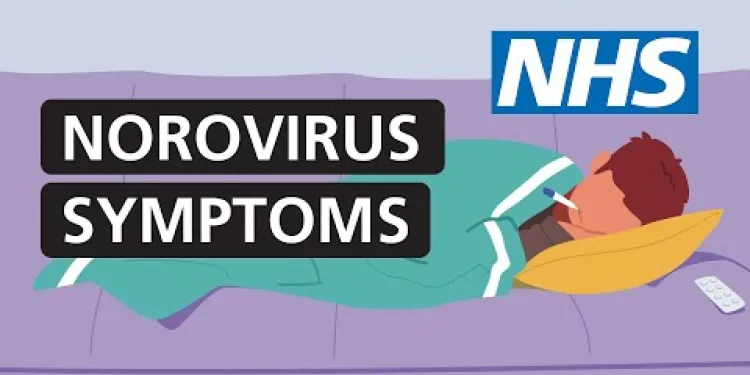
What is norovirus? (Diarrhoea and vomiting bug) | NHS
Relevance: 43%
-
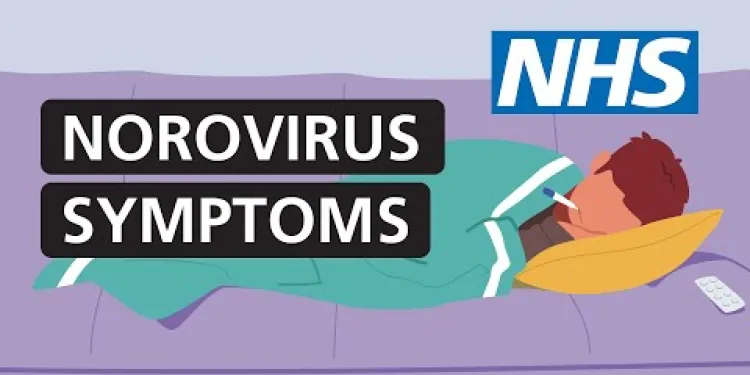
What is norovirus? (Diarrhoea and vomiting bug) | NHS
Relevance: 38%
-
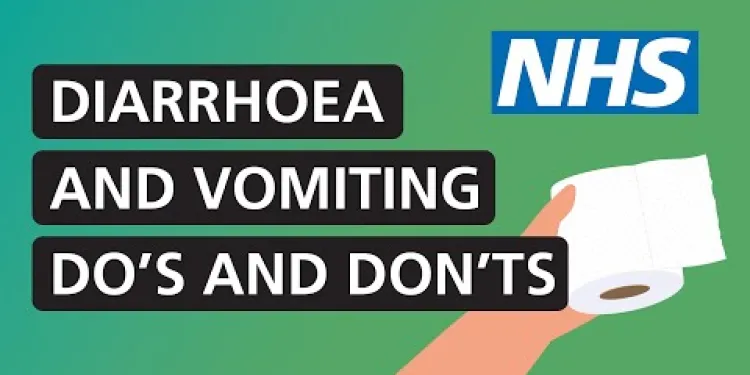
How to treat diarrhoea and vomiting at home (adults and children aged 5 and over) | NHS
Relevance: 37%
-
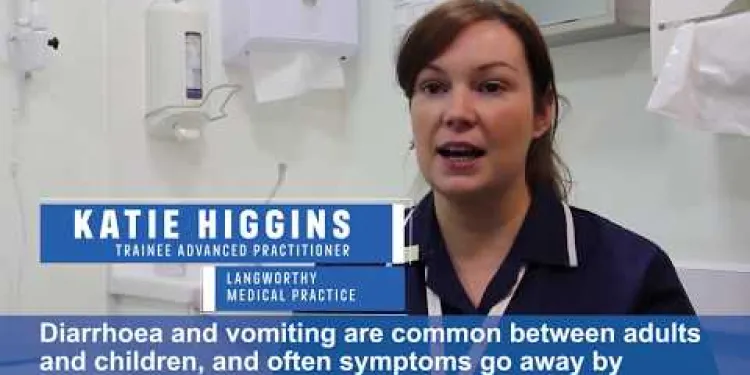
Advice for diarrhoea and vomiting
Relevance: 35%
-

My child has vomiting and diarrhoea - what do I do?
Relevance: 29%
-

Diarrhoea - How to stop it? | UHL NHS Trust
Relevance: 25%
-

What are common side effects of Wegovy?
Relevance: 10%
-

Can Ozempic lead to dehydration?
Relevance: 9%
-
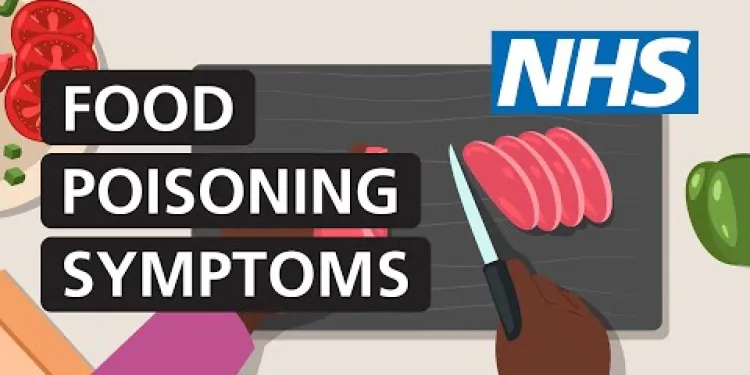
How to tell if you have food poisoning (symptoms) | NHS
Relevance: 9%
-

Can Ozempic cause severe gastrointestinal issues?
Relevance: 7%
-

What problems is Ozempic known to cause?
Relevance: 5%
-
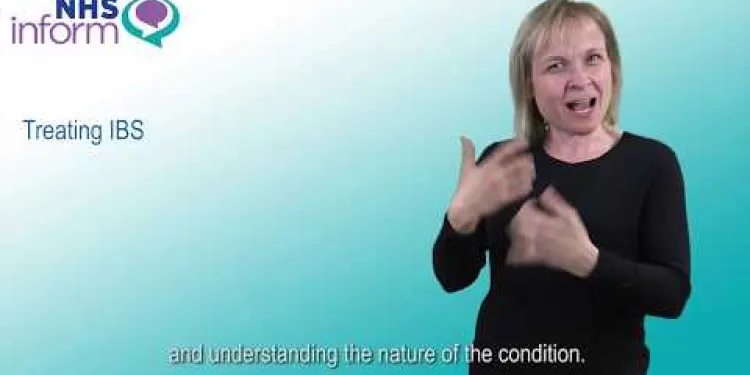
Treating irritable bowel syndrome (IBS)
Relevance: 5%
-

What are the symptoms of Marburg virus disease?
Relevance: 5%
-

Are there any common side effects of Mounjaro?
Relevance: 4%
-

What are the side effects of Ozempic?
Relevance: 4%
-

What are common side effects of Ozempic?
Relevance: 4%
-

What are the common symptoms of appendicitis?
Relevance: 4%
-
What happens if I overdose on Ozempic?
Relevance: 4%
-

What are the side effects of bowel cancer treatment?
Relevance: 4%
-

What are migraines and cluster headaches?
Relevance: 4%
-

Are there any serious risks associated with Ozempic?
Relevance: 4%
-

What are the side effects of Ibuprofen?
Relevance: 4%
-

What are the common side effects of Ozempic?
Relevance: 4%
-

What are the symptoms of methanol poisoning?
Relevance: 4%
-

What is irritable bowel syndrome (IBS)?
Relevance: 4%
-

Symptoms of coeliac disease
Relevance: 4%
-
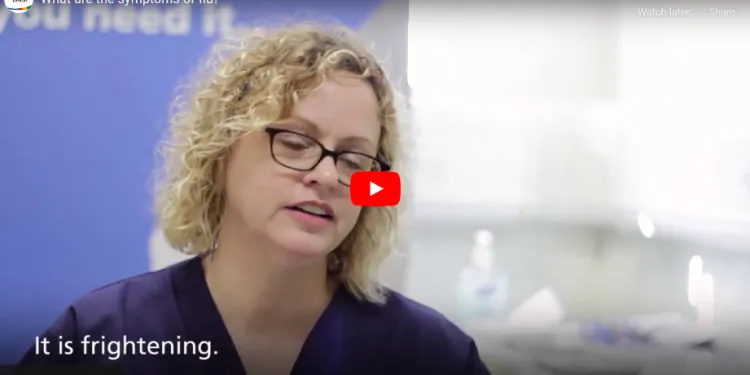
What are the symptoms of flu ?
Relevance: 4%
-

About irritable bowel syndrome (IBS)
Relevance: 4%
-

What are the signs of heat exhaustion?
Relevance: 4%
-

Migraine
Relevance: 3%
-

What is irritable bowel syndrome (IBS)?
Relevance: 3%
-

What are the symptoms of West Nile Virus?
Relevance: 3%
-

What are the common side effects of ketamine?
Relevance: 3%
-

Symptoms of irritable bowel syndrome (IBS)
Relevance: 3%
-

What should you do if you suspect methanol poisoning?
Relevance: 3%
-

How does methanol poisoning differ from ethanol poisoning?
Relevance: 3%
-

Are there any common side effects of GLP-1 medications?
Relevance: 3%
What is Norovirus?
Introduction to Norovirus
Norovirus, often referred to as the "winter vomiting bug," is a highly contagious virus that causes gastroenteritis, an inflammation of the stomach and intestines. This results in symptoms such as diarrhoea, vomiting, and abdominal pain. Although it can be uncomfortable and distressing, most people make a full recovery within a couple of days without requiring medical treatment.
How Norovirus Spreads
Norovirus spreads rapidly through direct contact with an infected person, consuming contaminated food or water, or touching surfaces or objects contaminated with the virus. It can survive on surfaces for days and is resistant to many common disinfectants. Washing hands thoroughly with soap and water is the most effective means of preventing its spread.
Symptoms of Norovirus
Symptoms of norovirus infection typically appear 12 to 48 hours after exposure to the virus and last for 1 to 3 days. The most common symptoms include:
- Sudden onset of nausea
- Forceful vomiting
- Watery diarrhoea
- Abdominal cramps
- Low-grade fever
- Muscle aches
Treatment and Prevention
There is no specific treatment for norovirus. The primary method of care is to rest and maintain hydration by drinking plenty of fluids to replace lost electrolytes. Oral rehydration solutions may also help. To prevent the spread of norovirus, the NHS recommends:
- Washing hands frequently with soap and water
- Cleaning and disinfecting surfaces thoroughly
- Washing fruits and vegetables before consumption
- Ensuring food is cooked properly
- Staying home when experiencing symptoms
When to Seek Medical Advice
In most cases, norovirus does not require professional medical treatment. However, you should seek medical advice if you or someone you're caring for experiences severe dehydration, symptoms persisting more than a few days, or if there are underlying health conditions that might complicate the illness.
For more detailed advice and support, visit the NHS Norovirus Page.
What is Norovirus?
Introduction to Norovirus
Norovirus is a germ that makes people sick. It is sometimes called the "winter vomiting bug." It makes your stomach and intestines hurt. This can cause diarrhea and vomiting. You might feel sick for a few days, but most people get better without going to the doctor.
How Norovirus Spreads
Norovirus can spread very quickly. You can catch it by being near someone who is sick, eating bad food, drinking bad water, or touching dirty things. The germ can live on things like tables and doors for a long time. To stop it from spreading, wash your hands with soap and water often.
Symptoms of Norovirus
You might feel sick 12 to 48 hours after getting the germ. You might be sick for 1 to 3 days. Here are some things that might happen:
- Feeling sick to your stomach
- Throwing up
- Watery poop
- Stomach ache
- Some fever
- Body aches
Treatment and Prevention
There is no special medicine for norovirus. The best thing to do is rest and drink lots of water. This helps you not to get too thirsty. Drink things like water or oral rehydration solutions. To help stop norovirus, you can:
- Wash your hands with soap and water often
- Clean things like tables and doors well
- Wash fruits and vegetables before you eat them
- Make sure food is cooked correctly
- Stay home when you feel sick
When to Seek Medical Advice
Most of the time, you do not need to see a doctor for norovirus. But you should see a doctor if you or someone else does not get better, if you can't keep liquids down, or you have other health problems that make things worse.
For more help, visit the NHS Norovirus Page.
Frequently Asked Questions
What is norovirus?
Norovirus is a highly contagious virus that causes gastroenteritis, leading to symptoms such as diarrhoea and vomiting. It's also known as the 'winter vomiting bug.'
How is norovirus spread?
Norovirus is spread through close contact with infected individuals, consuming contaminated food or water, and touching contaminated surfaces then putting your hands in your mouth.
What are the symptoms of norovirus?
Symptoms of norovirus include sudden onset of nausea, projectile vomiting, and watery diarrhoea. Other symptoms can include a high temperature, abdominal pain, and aching limbs.
How long do norovirus symptoms last?
While symptoms can be severe, they typically last for 1 to 2 days. However, some people may feel weak and fatigued for a few days after the other symptoms have subsided.
Can norovirus be treated?
There's no specific treatment for norovirus. The aim is to stay hydrated and manage symptoms, as the illness usually resolves on its own. Drinking plenty of fluids is essential to avoid dehydration.
When should I see a doctor for norovirus?
You should seek medical advice if you have severe dehydration, if your symptoms last longer than a few days, or if you have a pre-existing health condition that could be exacerbated by norovirus.
How can I prevent the spread of norovirus?
To prevent the spread of norovirus, practice good hygiene such as washing hands thoroughly with soap and water, disinfecting contaminated surfaces, and avoiding the preparation of food for others while symptomatic.
Is norovirus dangerous for certain groups?
Norovirus can be more serious for young children, elderly individuals, and people with weakened immune systems, as they are at higher risk of dehydration.
Can one build immunity to norovirus?
It's possible to develop short-term immunity to norovirus, but this immunity is typically not long-lasting, and you can get norovirus multiple times because there are many different strains of the virus.
How soon can I return to work or school after having norovirus?
You should stay off work or school until at least 48 hours after your symptoms have stopped to prevent spreading the virus to others.
Can norovirus be spread through food?
Yes, norovirus can be spread through food, especially if it is prepared by someone who is infected or if the food is contaminated during growing, processing, or handling.
How contagious is norovirus?
Norovirus is highly contagious. It can spread quickly in places where people are in close contact, such as hospitals, nursing homes, schools, and cruise ships.
What should I do if I suspect a norovirus outbreak?
If you suspect a norovirus outbreak, report it to public health authorities, maintain strict hygiene practices, and follow guidance from health officials to prevent further spread.
Is there a vaccine for norovirus?
Currently, there is no vaccine available for norovirus. The best prevention methods involve practicing good hygiene and proper sanitation.
What should I eat and drink with norovirus?
Stay hydrated with plenty of fluids like water, oral rehydration solutions, or clear broths. When you can eat, opt for plain, easy-to-digest foods like toast, crackers, and rice.
What is norovirus?
Norovirus is a type of germ that can make you sick. It can give you a bad tummy ache and make you throw up. You can also have diarrhea, which means you need to go to the toilet a lot.
Here are some ways to stay healthy:
- Wash your hands with soap and water. Do this after you go to the toilet and before you eat.
- Clean surfaces and objects that people touch often, like door handles.
- If you feel sick, rest and drink lots of water.
If you need help, ask someone you trust or talk to a doctor.
Norovirus is a very catchy bug that makes your tummy upset. It can make you feel sick, with runny poo and throwing up. People sometimes call it the 'winter vomiting bug.'
How does norovirus spread?
Norovirus is a germ that makes you feel sick. It can spread easily between people. Here are ways it can spread:
- Touching: If you touch things or people when they have germs. Wash your hands to stay safe.
- Eating: If you eat food that has germs on it, you can get sick. Clean food well before eating.
- Drinking: Drinking water with germs can make you sick. Drink clean water.
- Close contact: Being close to someone who is sick can spread germs. Stay away from sick people if you can.
To stay healthy, remember to:
- Wash your hands with soap and water often.
- Keep your things clean.
- Eat and drink safely.
Norovirus is a germ that can make you sick. You can catch it if you:
- Are close to someone who has it
- Eat food or drink water that has the germ
- Touch things that have the germ and then put your hands in your mouth
To help stay healthy, wash your hands often. Use soap and water. Clean surfaces where germs might be. Ask someone for help if you need it.
What happens when you get norovirus?
If you have norovirus, you might feel sick very quickly. You could start throwing up a lot and have runny poo. You might also get a high fever, tummy ache, and sore arms and legs.
Here are some tips to help:
- Rest a lot and drink water to stay hydrated.
- Use a thermometer to check your temperature.
- Ask a grown-up to help you if you feel really sick.
How long do norovirus symptoms last?
Norovirus is a bug that makes your tummy feel bad. This can make you feel sick or give you a bad tummy for a few days.
Usually, the feeling sick and tummy ache go away in about 2 to 3 days.
Here are some things that might help you feel better:
- Drink lots of water. This stops you from getting too dry inside.
- Rest and take it easy. Your body needs to recharge.
- Eat simple foods like toast or rice. They are gentle on your tummy.
- Ask an adult to tell the doctor if you feel very bad.
The symptoms can be very strong, but they usually go away in 1 to 2 days. Some people might still feel tired and weak for a few more days after the main symptoms are gone.
Tips to help:
- Rest a lot
- Drink water
- Ask for help if you need it
Can you treat norovirus?
There is no special medicine for norovirus. To feel better, you should drink lots of water. This helps you stay hydrated. Your body will usually get better on its own.
When should I go to the doctor for norovirus?
If you think you have norovirus, here are some signs that you should go to the doctor:
- If you are very sick and cannot keep any water down.
- If you have a fever that will not go away.
- If you feel dizzy or very tired.
- If you stop peeing as much as usual.
It helps to drink water often. You can also use oral rehydration solutions if needed.
If you are not sure, you can ask someone you trust to help you decide, or call a doctor.
Talk to a doctor if you are very thirsty, feel sick for more than a few days, or have another illness that could get worse because of the norovirus.
How can I stop norovirus from spreading?
To stop norovirus from spreading, you can do these things:
- Wash your hands with soap and water.
- Clean surfaces that are dirty.
- Do not cook for others if you feel sick.
Using tools like picture charts can help you remember what to do. Practicing with a caregiver or using reminder apps can also be helpful.
Is the norovirus harmful for some people?
Some people need to be more careful with the norovirus. It can be more harmful for:
- Babies and small children
- Older people
- People who are already sick
They should see a doctor if they feel very sick.
Using tools like simple picture books or talking to a healthcare worker can help understand more.
Norovirus can be more dangerous for young kids, older people, and those who are sick, because they can get very thirsty and weak.
Can you become immune to norovirus?
Norovirus is a germ that makes your tummy hurt and gives you diarrhea. It is also known as the "stomach bug." Your body tries to fight the virus and can make it go away after a while. But it's hard to become fully immune to norovirus because there are different types of norovirus, and they can change over time.
Being immune means that your body can remember how to fight a germ if it tries to make you sick again. With norovirus, your body might not remember well enough to stop you from getting sick again.
To stay healthy, here are some helpful tips:
- Wash your hands with soap and water often, especially after using the toilet and before eating.
- Keep your kitchen and bathroom clean.
- Be careful with food. Wash fruits and vegetables before eating. Cook food well.
If you feel sick with stomach ache or diarrhea, tell an adult. They can help you get better. Drink lots of water to stay hydrated. Rest and let your body recover.
You can become immune to norovirus for a little while, but this doesn't last long. You can catch norovirus more than once because there are lots of different types of it.
When can I go back to work or school after having norovirus?
Norovirus is a bug that makes you sick. It can give you a bad tummy and make you throw up.
Stay at home until you feel better. Wait for 2 days after you stop feeling sick before going back.
Wash your hands with soap and water to stop spreading the bug. This helps keep everyone safe.
You should not go to work or school until at least 2 days after you stop feeling sick. This helps stop the virus from spreading to other people.
Can you get norovirus from food?
Yes, you can get norovirus from food.
Norovirus is a bug that makes you sick. It can be in food.
To stay safe, wash your hands before you eat.
Use soap and water. Clean food before you eat it.
Yes, you can get norovirus from food. This can happen if someone sick touches the food, or if the food gets germs while growing or being made.
How easily does norovirus spread?
Norovirus can spread very easily. It can make people sick quickly. Here are some ways to help keep safe:
- Wash your hands with soap and water often.
- Clean surfaces, like tables and door handles, a lot.
- Stay at home if you feel sick.
Norovirus spreads very easily. It can quickly spread in places where people are close together, like hospitals, nursing homes, schools, and cruise ships.
What should I do if I think people are sick with norovirus?
If you think lots of people are getting sick from norovirus (a tummy bug), tell the health people right away. Keep everything very clean and listen to what health experts say to stop it from spreading to others.
Can you get a vaccine for norovirus?
No, there is no vaccine for norovirus right now.
Norovirus can make you feel very sick, like when your tummy hurts or you need to throw up. But most people get better on their own.
To stay safe from norovirus, wash your hands with soap and water often. Be careful when someone near you is sick. You can use a hand sanitizer, too, but washing your hands is best.
Right now, there is no shot to stop you from getting norovirus. The best way to stay healthy is by keeping clean and washing your hands often.
What food and drinks are good if I have norovirus?
Drink lots of water or other drinks like clear soups to stay healthy. When you feel hungry, eat simple foods like toast, plain crackers, or rice. These are easier for your tummy to handle.
Useful Links
- Ergsy carfully checks the information in the videos we provide here.
- Videos shown by Youtube after a video has completed, have NOT been reviewed by ERGSY.
- To view, click the arrow in centre of video.
- Most of the videos you find here will have subtitles and/or closed captions available.
- You may need to turn these on, and choose your preferred language.
- Go to the video you'd like to watch.
- If closed captions (CC) are available, settings will be visible on the bottom right of the video player.
- To turn on Captions, click settings .
- To turn off Captions, click settings again.
More Items From Ergsy search
-

What is norovirus? (Diarrhoea and vomiting bug) | NHS
Relevance: 100%
-

What is norovirus? (Diarrhoea and vomiting bug) | NHS
Relevance: 52%
-

What is norovirus? (Diarrhoea and vomiting bug) | NHS
Relevance: 46%
-

What is norovirus? (Diarrhoea and vomiting bug) | NHS
Relevance: 43%
-

What is norovirus? (Diarrhoea and vomiting bug) | NHS
Relevance: 38%
-

How to treat diarrhoea and vomiting at home (adults and children aged 5 and over) | NHS
Relevance: 37%
-

Advice for diarrhoea and vomiting
Relevance: 35%
-

My child has vomiting and diarrhoea - what do I do?
Relevance: 29%
-

Diarrhoea - How to stop it? | UHL NHS Trust
Relevance: 25%
-

What are common side effects of Wegovy?
Relevance: 10%
-

Can Ozempic lead to dehydration?
Relevance: 9%
-

How to tell if you have food poisoning (symptoms) | NHS
Relevance: 9%
-

Can Ozempic cause severe gastrointestinal issues?
Relevance: 7%
-

What problems is Ozempic known to cause?
Relevance: 5%
-

Treating irritable bowel syndrome (IBS)
Relevance: 5%
-

What are the symptoms of Marburg virus disease?
Relevance: 5%
-

Are there any common side effects of Mounjaro?
Relevance: 4%
-

What are the side effects of Ozempic?
Relevance: 4%
-

What are common side effects of Ozempic?
Relevance: 4%
-

What are the common symptoms of appendicitis?
Relevance: 4%
-
What happens if I overdose on Ozempic?
Relevance: 4%
-

What are the side effects of bowel cancer treatment?
Relevance: 4%
-

What are migraines and cluster headaches?
Relevance: 4%
-

Are there any serious risks associated with Ozempic?
Relevance: 4%
-

What are the side effects of Ibuprofen?
Relevance: 4%
-

What are the common side effects of Ozempic?
Relevance: 4%
-

What are the symptoms of methanol poisoning?
Relevance: 4%
-

What is irritable bowel syndrome (IBS)?
Relevance: 4%
-

Symptoms of coeliac disease
Relevance: 4%
-

What are the symptoms of flu ?
Relevance: 4%
-

About irritable bowel syndrome (IBS)
Relevance: 4%
-

What are the signs of heat exhaustion?
Relevance: 4%
-

Migraine
Relevance: 3%
-

What is irritable bowel syndrome (IBS)?
Relevance: 3%
-

What are the symptoms of West Nile Virus?
Relevance: 3%
-

What are the common side effects of ketamine?
Relevance: 3%
-

Symptoms of irritable bowel syndrome (IBS)
Relevance: 3%
-

What should you do if you suspect methanol poisoning?
Relevance: 3%
-

How does methanol poisoning differ from ethanol poisoning?
Relevance: 3%
-

Are there any common side effects of GLP-1 medications?
Relevance: 3%